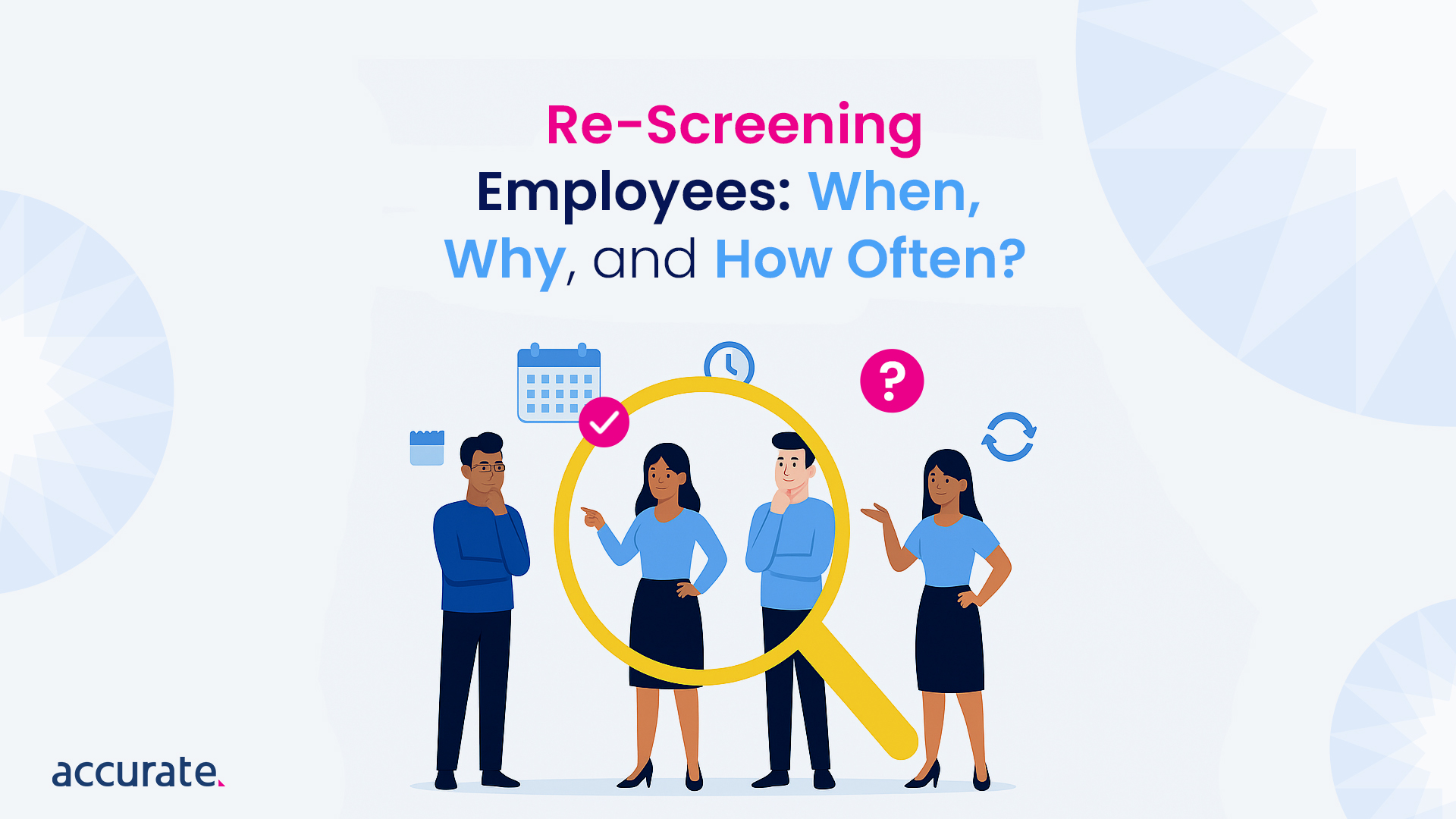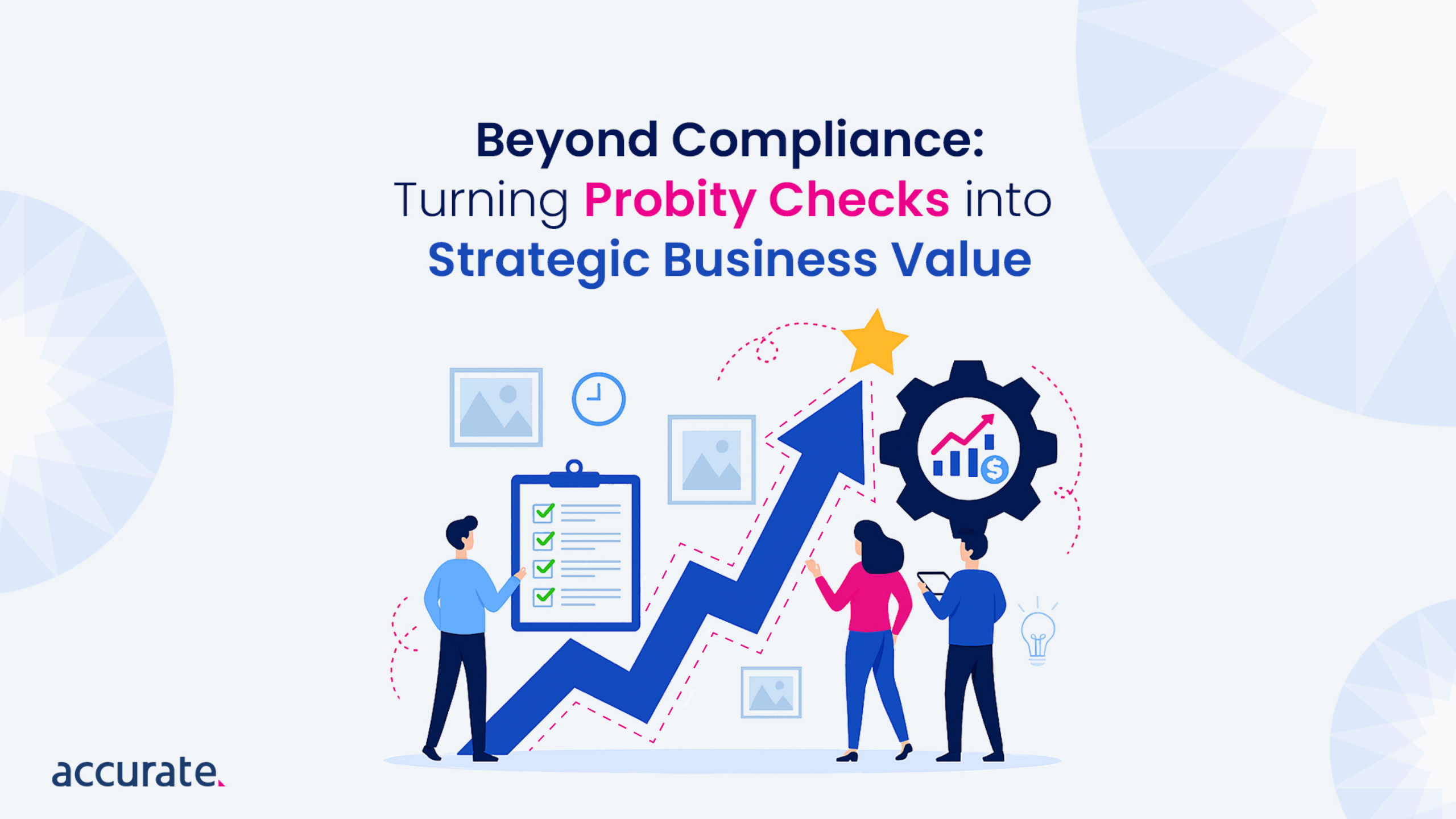In today’s highly competitive business environment, an organisation’s success heavily depends on its ability to attract, hire, and retain top talent. So, talent acquisition has become a strategic priority for Australian organisations looking to gain a competitive edge and drive sustainable growth.
This article discusses the vital connection between effective talent acquisition and business growth, highlighting its impact on various aspects of an organisation.
The Importance of Talent Acquisition for Business Growth
Talent acquisition directly impacts business performance by ensuring the right people are in the right roles. Companies that invest in hiring high-quality talent experience:
- Improved productivity and performance: Hiring the right people for the right roles ensures that teams have the necessary skills and expertise to excel in their positions. Employees who are well-suited to their jobs are more likely to be engaged, motivated, and productive. This, in turn, leads to improved overall performance and better business outcomes.
- Reduced turnover rates: High employee turnover can be costly for businesses in terms of financial resources and lost productivity. When organisations invest in talent acquisition and hire individuals who are a good fit for the company culture and values, they are more likely to retain those employees for the long term.
- Enhanced company culture and employee engagement: A strong company culture is essential for attracting and retaining top talent. When organisations prioritise hiring individuals who align with their values and culture, they foster a positive work environment where employees feel valued, supported, and engaged.
The Impact of Talent Acquisition on Key Business Areas
Effective talent acquisition influences various aspects of a business, driving growth and success across different departments:
Innovation
Hiring creative and skilled individuals is essential for driving innovation within an organisation. Diverse perspectives and expertise foster a culture of continuous improvement and help companies stay ahead of the competition.
Customer Satisfaction
Competent and motivated employees in customer-facing roles directly impact customer satisfaction. Knowledgeable and enthusiastic staff create positive experiences, leading to increased customer loyalty.
Operational Efficiency
Hiring suitable candidates with the necessary skills and experience improves processes and productivity. Attracting top talent enables organisations to streamline operations, reduce waste, and optimise resource utilisation.
Leadership and Management
Effective talent acquisition strategies help identify and attract visionary leaders who can inspire teams, make strategic decisions, and navigate challenges. Strengthening leadership teams is crucial for guiding business growth.
Challenges in Talent Acquisition and Solutions
Talent acquisition in Australia faces several challenges, including:
Skill Shortages in Specific Industries or Roles
One of the most pressing challenges in talent acquisition is the need for more skilled professionals in specific industries or roles. According to the Australian Government’s Skills Priority List, significant skill shortages exist in fields such as healthcare, technology, engineering, and trades.
For example, Australia’s demand for digital technology workers is growing rapidly, with an estimated 156,000 additional workers needed by 2025. However, there is a limited pool of qualified candidates to fill these roles, making it difficult for organisations to find the talent they need.
To address skill shortages, organisations can:
- Partner with educational institutions to develop industry-specific training programs
- Offer upskilling and reskilling opportunities to existing employees
- Consider hiring candidates with transferable skills and providing on-the-job training
Intense Competition for High-Quality Candidates
As the job market becomes increasingly competitive, organisations face intense competition for top talent. High-quality candidates often receive multiple job offers, making it challenging for companies to stand out and attract them.
To overcome this challenge, organisations can:
- Develop a strong employer brand that showcases the company’s values, culture, and benefits
- Offer competitive compensation packages that align with market standards
- Streamline the hiring process to provide a positive candidate experience
- Leverage employee referral programs to tap into existing networks
Difficulty in Attracting Diverse Talent Pools
Diversity and inclusion have become critical priorities for many organisations as they recognise the benefits of a diverse workforce. However, attracting candidates from diverse backgrounds can be challenging, particularly in industries that have traditionally lacked diversity.
To attract diverse talent pools, organisations can:
- Implement inclusive hiring practices, such as blind resume screening and diverse interview panels
- Partner with diversity-focused organisations and job boards to reach a wider pool of candidates
- Showcase the company’s commitment to diversity and inclusion through employee testimonials and corporate social responsibility initiatives
- Offer flexible work arrangements and family-friendly policies to accommodate diverse needs
Adapting to Changing Candidate Expectations
Candidate expectations have evolved in recent years, with a greater emphasis on work-life balance, flexible work arrangements, and meaningful work. Organisations that adapt to these changing expectations may need help to attract and retain top talent.
To meet changing candidate expectations, organisations can:
- Offer flexible work options, such as remote work and flexible hours
- Emphasise the company’s purpose and values in job postings and interviews
- Provide opportunities for professional development and career growth
- Foster a positive and inclusive workplace culture
Employment screening also plays a vital role in ensuring the right fit between candidates and the organisation. Conducting thorough background checks, reference checks, and skill assessments helps companies make informed hiring decisions and mitigate potential risks:
| Screening Type | Benefits |
| Background Checks | Verify candidate information and identify potential red flags |
| Reference Checks | Gain insights into a candidate’s work ethic, skills, and cultural fit |
| Skill Assessments | Evaluate a candidate’s technical abilities and job-specific competencies |
Key Takeaways
- Talent acquisition is a critical driver of business growth and success in Australia.
- Effective talent acquisition strategies improve productivity, reduce turnover, and enhance company culture.
- Talent acquisition impacts key business areas such as innovation, customer satisfaction, operational efficiency, and leadership.
- Australian organisations face challenges in attracting top talent but can overcome them through competitive benefits, strong employer branding, technology, and partnerships.
- Employment screening helps ensure the right fit between candidates and the organisation.
Accurate Background is a global employment screening company with dedicated local Australian operations and support. Contact us today to learn how we can help you with your screening needs.
Frequently Asked Questions
1. How Can Small Australian Businesses Compete for Top Talent With Limited Resources?
Small Australian businesses can compete for top talent by leveraging their unique strengths, such as offering a more flexible work environment, providing opportunities for growth and development, and fostering a close-knit company culture. They can also focus on building a strong employer brand and leveraging their local networks to attract high-quality candidates.
2. What Role Does Technology Play in Modern Talent Acquisition in Australia?
Technology has transformed talent acquisition in Australia by enabling organisations to reach a wider pool of candidates, automate repetitive tasks, and make data-driven hiring decisions. Tools such as applicant tracking systems (ATS), artificial intelligence (AI)-powered resume screening, and video interviewing platforms have streamlined the hiring process and improved efficiency.
3. How Can Australian Organisations Measure the Success of Their Talent Acquisition Efforts?
Australian organisations can measure the success of their talent acquisition efforts by tracking key performance indicators (KPIs) such as:
- Time-to-hire
- Cost-per-hire
- Quality-of-hire
- Retention rates
- Employee engagement and satisfaction
Regularly monitoring these metrics and comparing them to industry benchmarks allows companies to assess the effectiveness of their talent acquisition strategies and make data-driven improvements.
DISCLAIMER: Accurate prepared these materials for informational purposes only. These materials are not intended to be comprehensive, are not a substitute for, and should not be construed as legal advice. Accurate does not warrant any statements in these materials. Employers should direct questions involving their organisation’s compliance with or interpretation or application of laws or regulations and any additional legal requirements that may apply to their own legal counsel.



